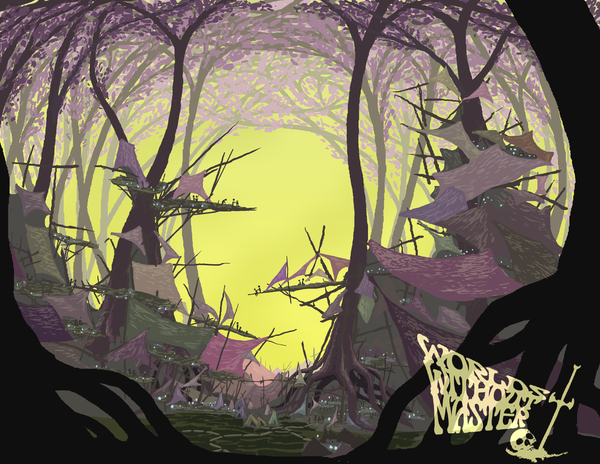Crowdfunding kayfabe is dead
Troika! publisher Melsonia retires its Kickstarter-green trunks and exits the ring.

My school years were defined by the No Child Left Behind Act, a Bush-era education reform that purported to improve student outcomes through a system of standards and state-defined measures. Because federal school funding was now gated behind standardized scores, lesson plans and regular curriculum were put on ice every time “test season” rolled around. I remember the tests’ acronymic names were always changing — TAAS became TAKS in the early 2000s, before being replaced by STAAR in 2010. Those names ultimately didn’t matter. What did was the upheaval of learning in favor of training children to be good test takers.
Reading through Melsonia’s fatigue with crowdfunding, expressed first in a company announcement and later in a personal blog from director Daniel Sell, feels like cultural reflux. The tabletop publisher responsible for Troika! recently announced that it would no longer use Kickstarter, Backerkit, or any other crowdfunding platform to finance its RPG books. Instead, Melsonia is picking up its toys and going home — what it calls DIY Crowdfunding.
Two new books, The Perilous Pear & Plum Pies of Pudwick, and Witch-War to the Vale of Forbiddiction & Beyond, are now available to pre-purchase directly from the publisher’s website. Despite the existence of a bar gradually filling towards a “funded” status, these projects are already destined for retail. Selling enough copies to pay the company’s bills within the 30-day timeframe will earn nominal extra goodies and “a much appreciated morale boost” for the team, according to Sell.
Blogpost on "Why Melsonia Is Too Good for Crowdfunding Platforms Any More" www.melsonia.com/blogs/news/d...
— Melsonian Arts Council (@melsonian-arts-council.itch.io) 2025-09-06T11:54:44.302Z
It’s not exactly a sexy pitch full of stretch goals and first-day bonuses, and that’s the point. “Crowdfunding subtly (and not so subtly in some cases) pushes you to zhuzh up you [sic] campaign, spend more, do more, add bells, add whistles, until the original idea looks like a pig in lipstick,” Sell wrote in the announcement. “Don't give in! The world is noisy enough already.”
Sell is right: crowdfunding sucks. Initially devised as an equalizing measure for comics and game artists unable to access the professional luxuries of industry giants — distribution, publishing deals, built-in audiences — the practice has calcified into a bizarre performance of commercialism dominated by the same companies who enforced those barriers to entry. Sales tactics meant to stand out in the ballooning, clamoring crowd become baseline assumptions from consumers trained to scrutinize an object that isn’t yet real.





